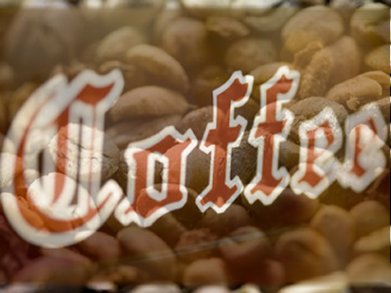Coffee consumption sometimes is associated with symptoms of stomach discomfort, such as heartburn. Several compounds found in coffee, such as caffeine, chlorogenic acids (CGAs), ßN-alkanoyl-5-hydroxytamides (C5HTs), trigonelline, and N-methylpyridinium (N-MP), are assumed to irritate the stomach. In particular, C5HTs stimulate the secretion of gastric acid, thus resulting in discomfort.
Veronika Somoza, University of Vienna, Austria, and colleagues analyzed the amounts of the these compounds found in dark- and medium-roasted coffee by HPLC-DAD and HPLC-MS/MS. The dark-roasted coffee shows lower amounts of C5HTs, CGAs, trigonelline, and N-MP, whereas the caffeine content is the same. They subsequently investigated the effect on the secretion of gastric acid for nine healthy volunteers after they consumed dark- or medium-roasted coffee with a pH-sensitive capsule, which, after being swallowed, sends out signals about the gastric pH. The results show that less gastric-acid secretion occurred after drinking the dark-roasted coffee compared to the medium-roasted blend. However, future studies are required to verify whether it is the high ratio of N-MP to C5HT and CGAs that is beneficial for reducing gastric-acid secretion.
- A dark brown roast coffee blend is less effective at stimulating gastric acid secretion in healthy volunteers compared to a medium roast market blend,
Malte Rubach, Roman Lang, Gerhard Bytof, Herbert Stiebitz, Ingo Lantz, Thomas Hofmann, Veronika Somoza,
Mol. Nutr. Food Res. 2014.
DOI: 10.1002/mnfr.201300890



